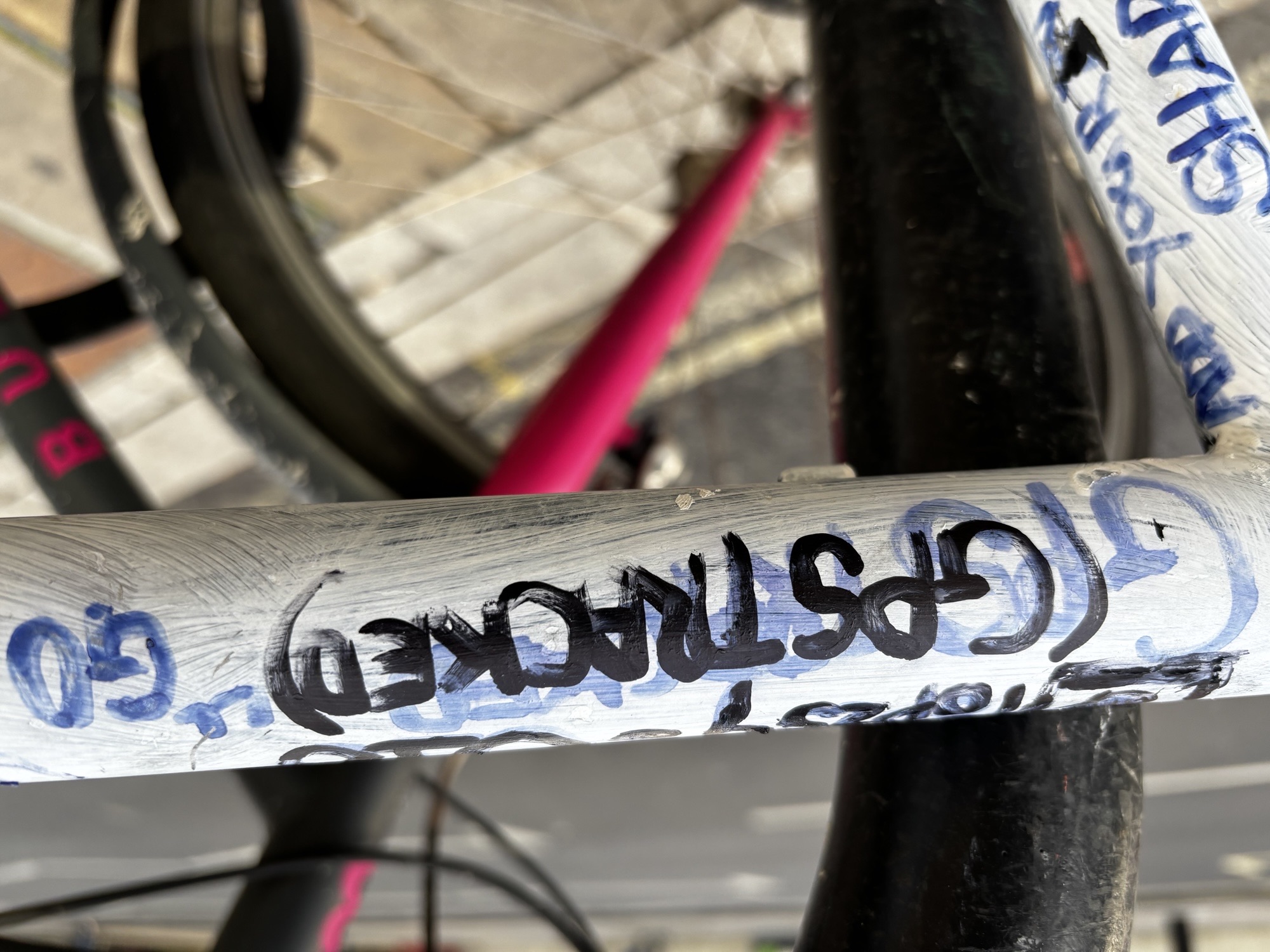Volkswagen going green?
March 8, 2012

Volkswagen has used the Geneva Car Show as an opportunity to announce a “fundamental ecological restructuring” for the entire group and that it has set itself “ambitious new sustainability targets.” Over the next five years, Europe’s largest car maker plans to invest tens of billions on “more efficient vehicles, powertrains and technologies as well as environmentally compatible production.”
VW Blues motion
One in five new cars sold in Europe is a Volkswagen brand, and by 2018, the company aims to be the biggest car maker in the world.
VW claims it also wants to be ‘the most eco-friendly automaker in the world’, yet the company has dragged its feet in reducing the fuel consumption of its vehicle fleet, and whilst it has developed the technologies to produce highly fuel-efficient vehicles, it has not made them widely available.
As the biggest car company in Europe, Volkswagen has the biggest climate footprint of any car maker in Europe. Volkswagen penalises consumers wanting smarter, cleaner vehicles by artificially inflating their price and making them marginal to its fleet; just 6% of Volkswagen’s global sales in 2010 were of its most efficient models.
Volkswagen has a history of diverting attention from its poor overall environmental performance by developing super-efficient prototype car designs which never come to mass production.
Volkswagen was one of the driving forces in the lobbying campaign against the introduction of vehicle efficiency standards in Europe. It has also been part of efforts to oppose the introduction of strong American standards. Volkswagen has more positions on the board of ACEA (the car makers’ association and one of the most powerful lobby forces in Europe) than any other company. ACEA has been leading the charge against strong fuel efficiency standards in Europe.
Despite its green rhetoric, Volkswagen is opposing two vital climate policies in Europe which are needed to drive innovation and cleaner technology in the car sector, save drivers money, and help Europe reduce its damaging dependence on oil.
The company has the capacity to do so much better. If Volkswagen made the most fuel-efficient cars it produces as standard, rather than offering efficiency technology as an expensive add-on, it would be able to reduce its fleet emissions and oil consumption dramatically. If it rolled out its best technology across the feet it would transform not just its own performance, but that of the European vehicle fleet as a whole.
The graph was designed by Greenpeace with information provided by the European Federation for Transport and the Environment (T&E) which the ETA was a founding partner.
Information correct at time of publication.







